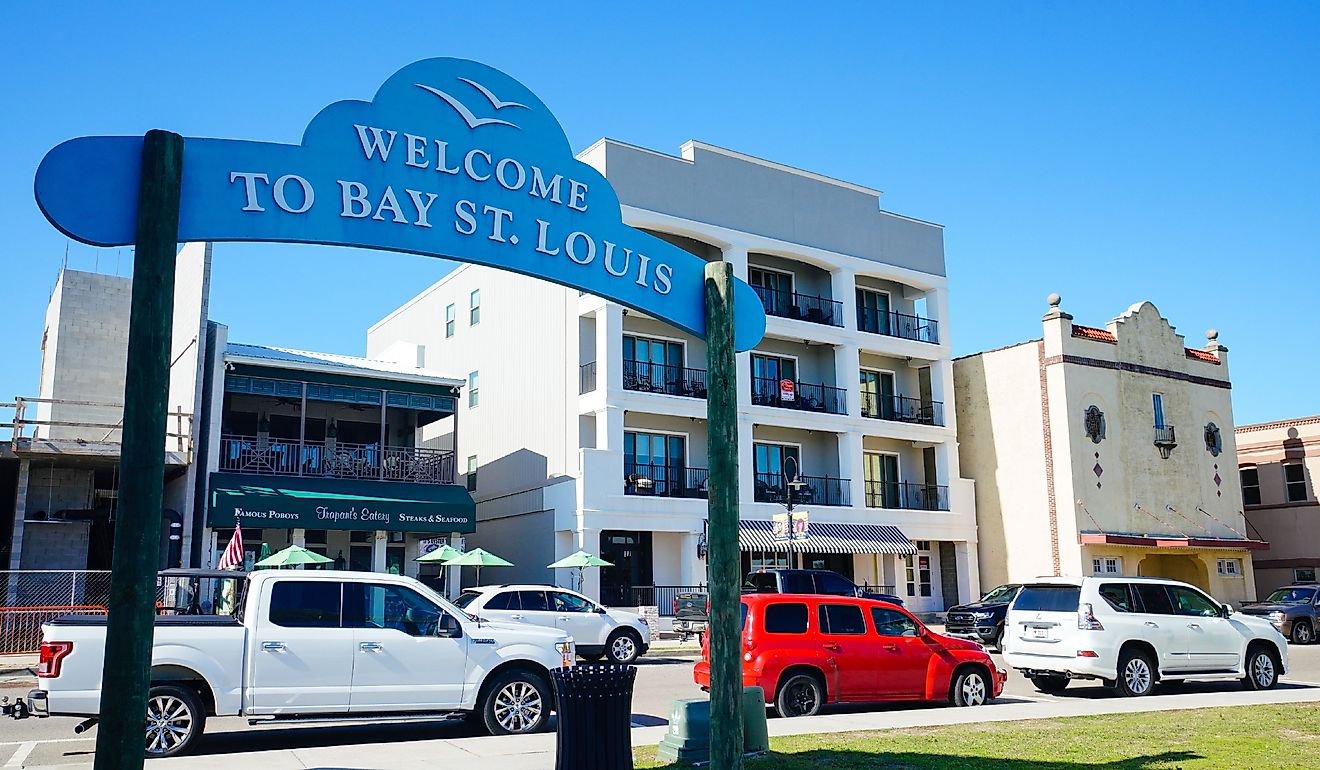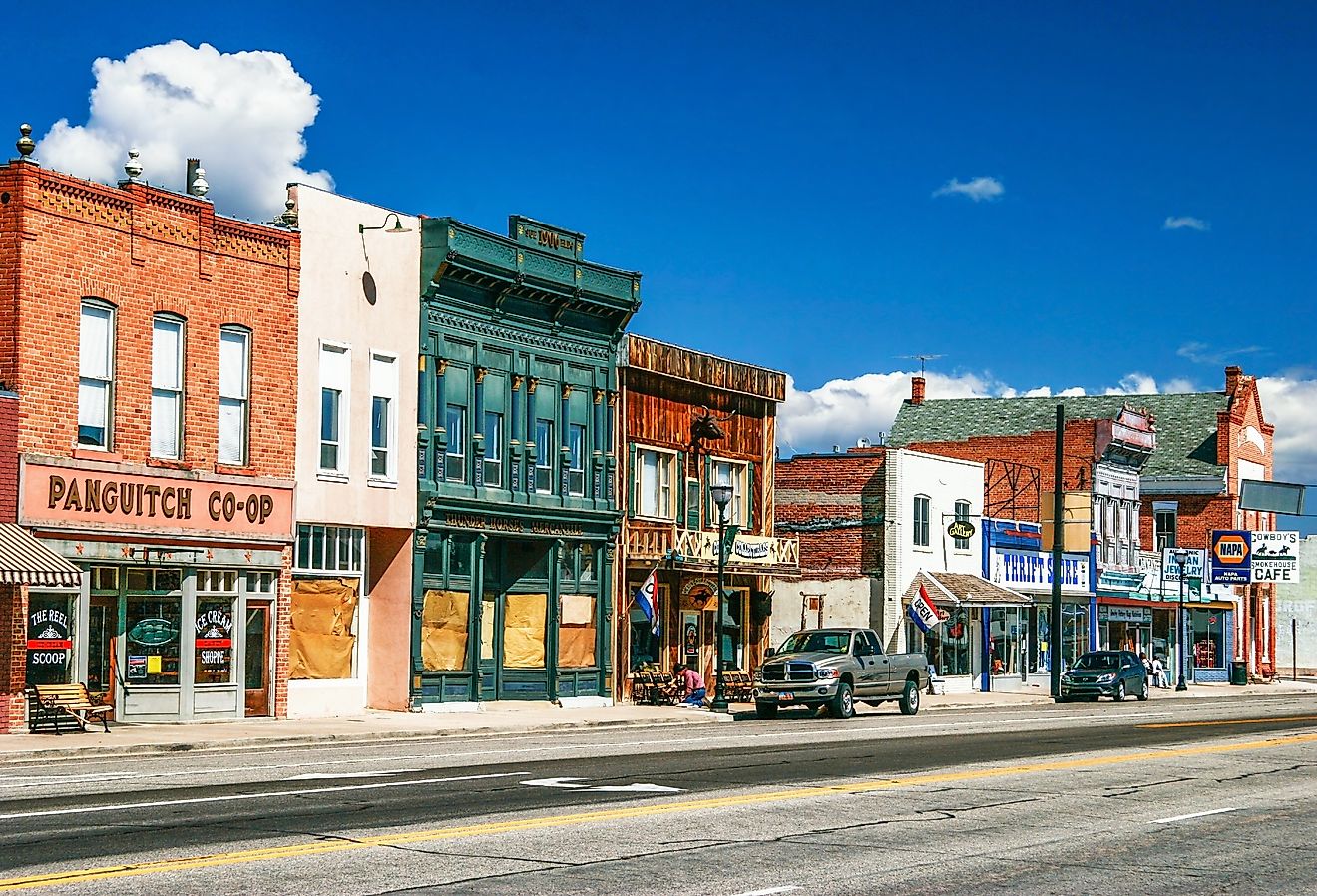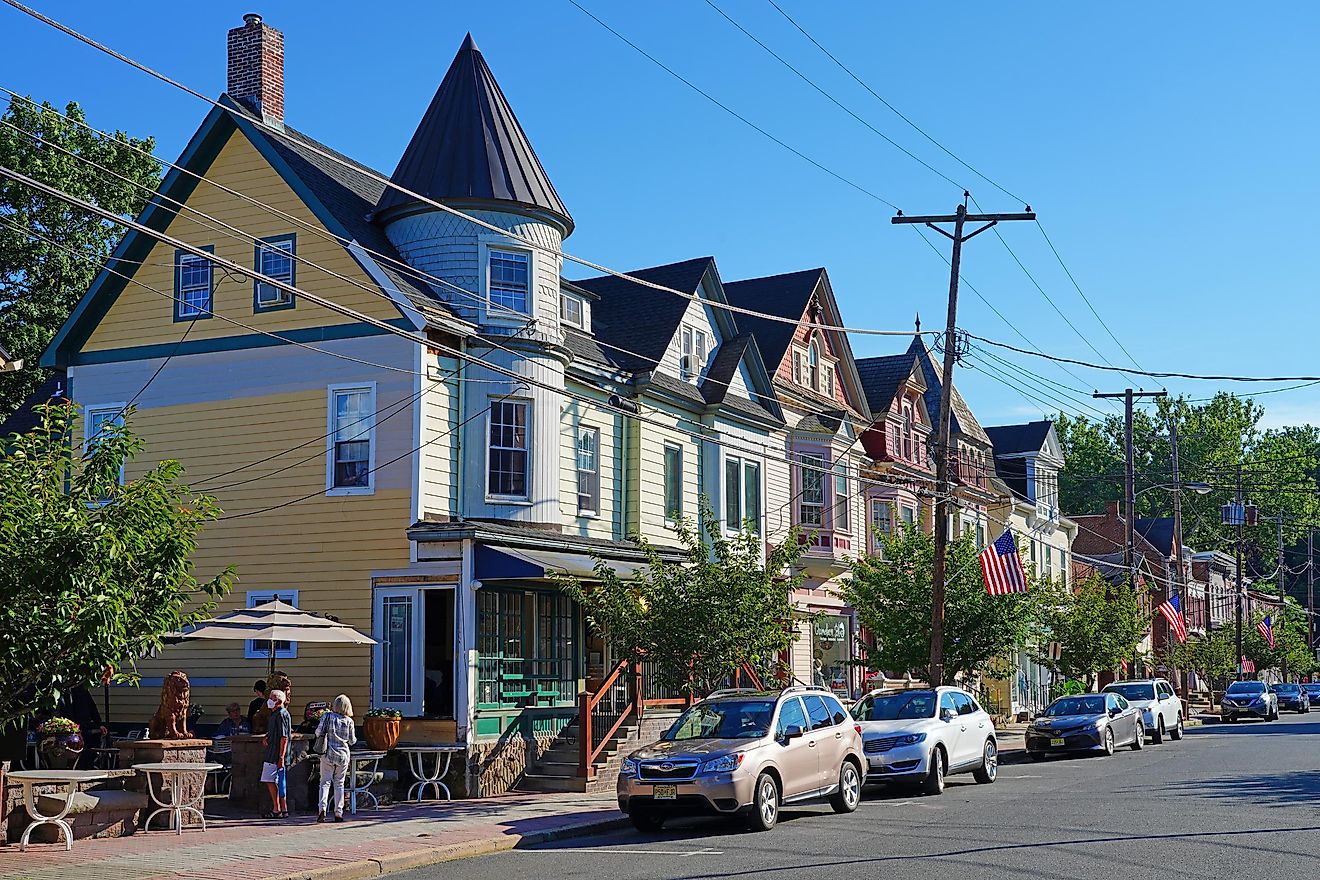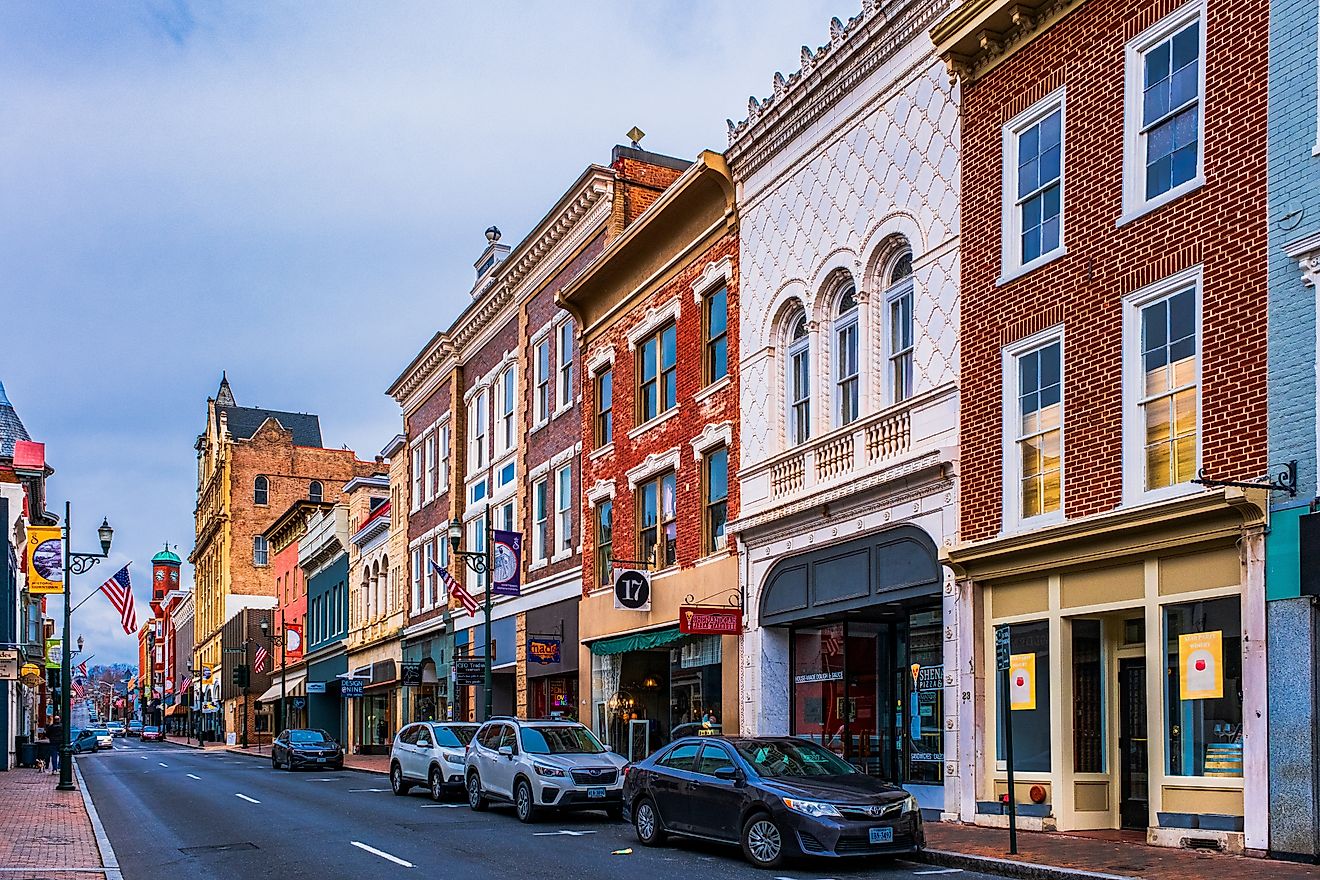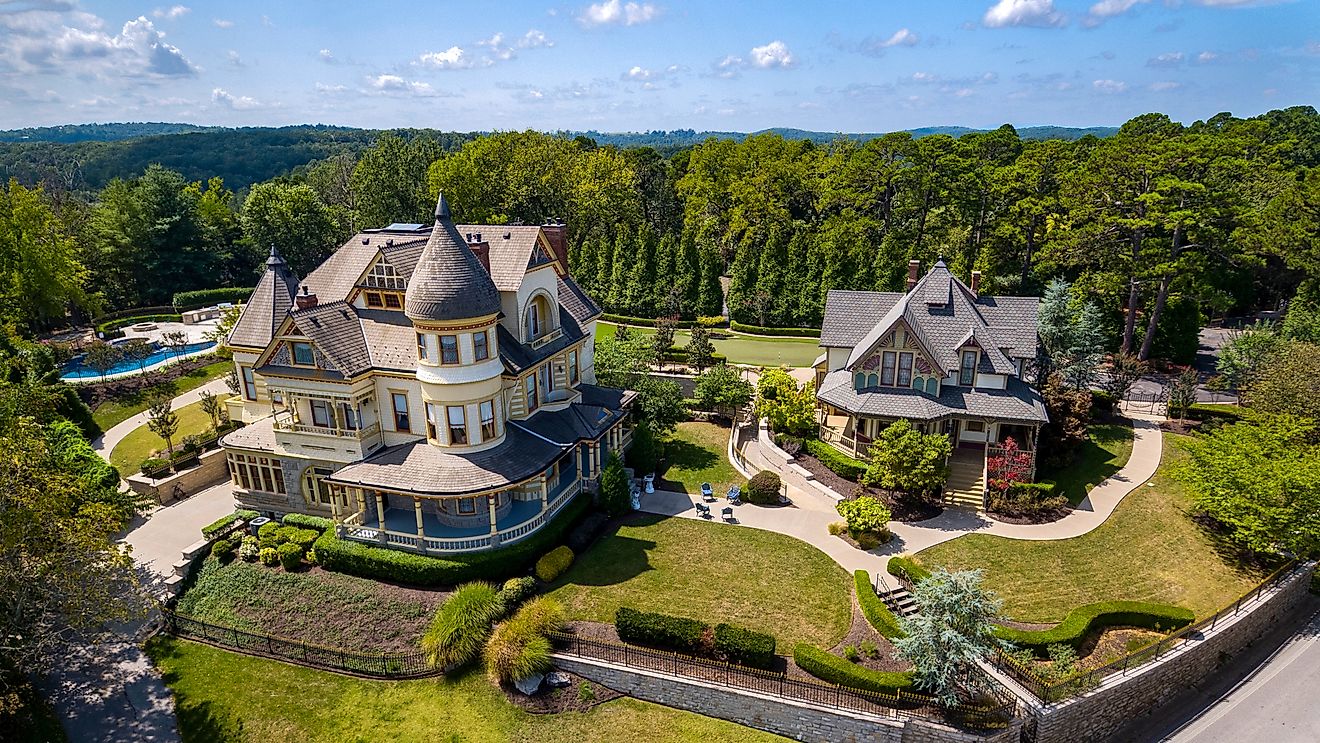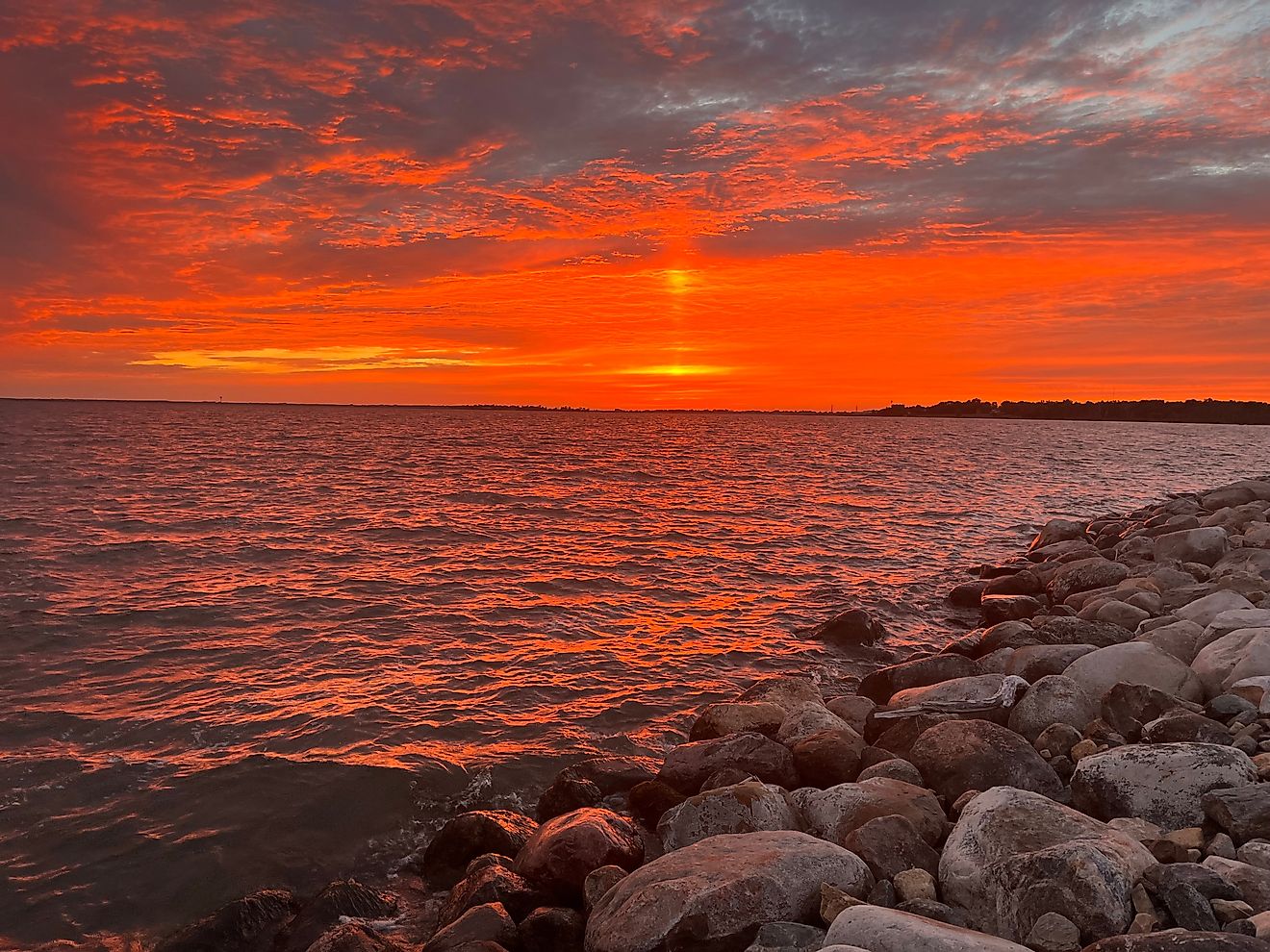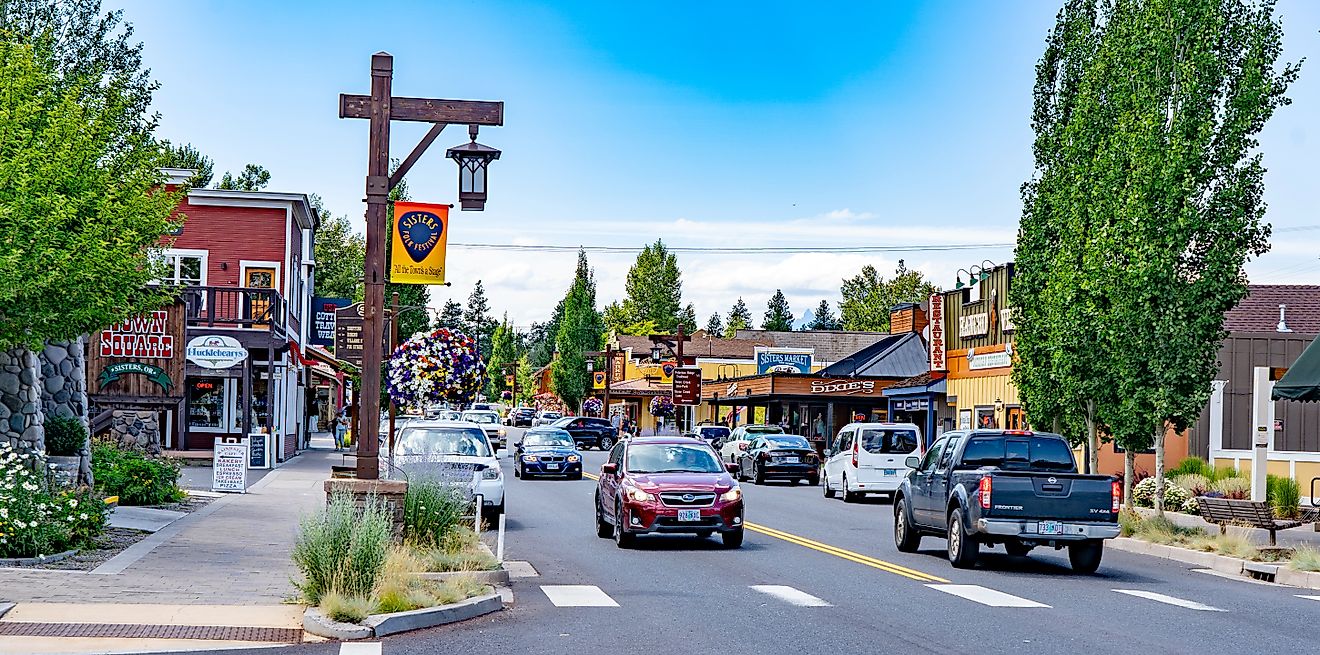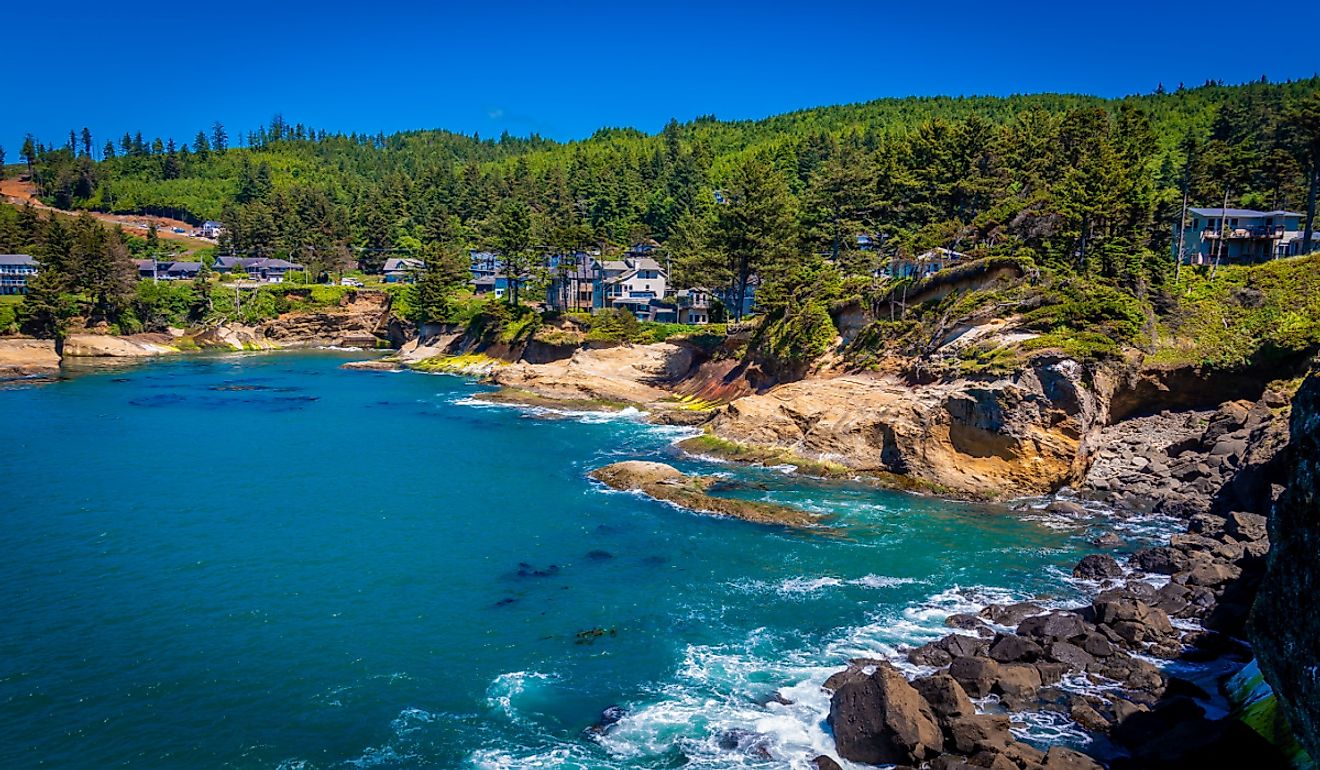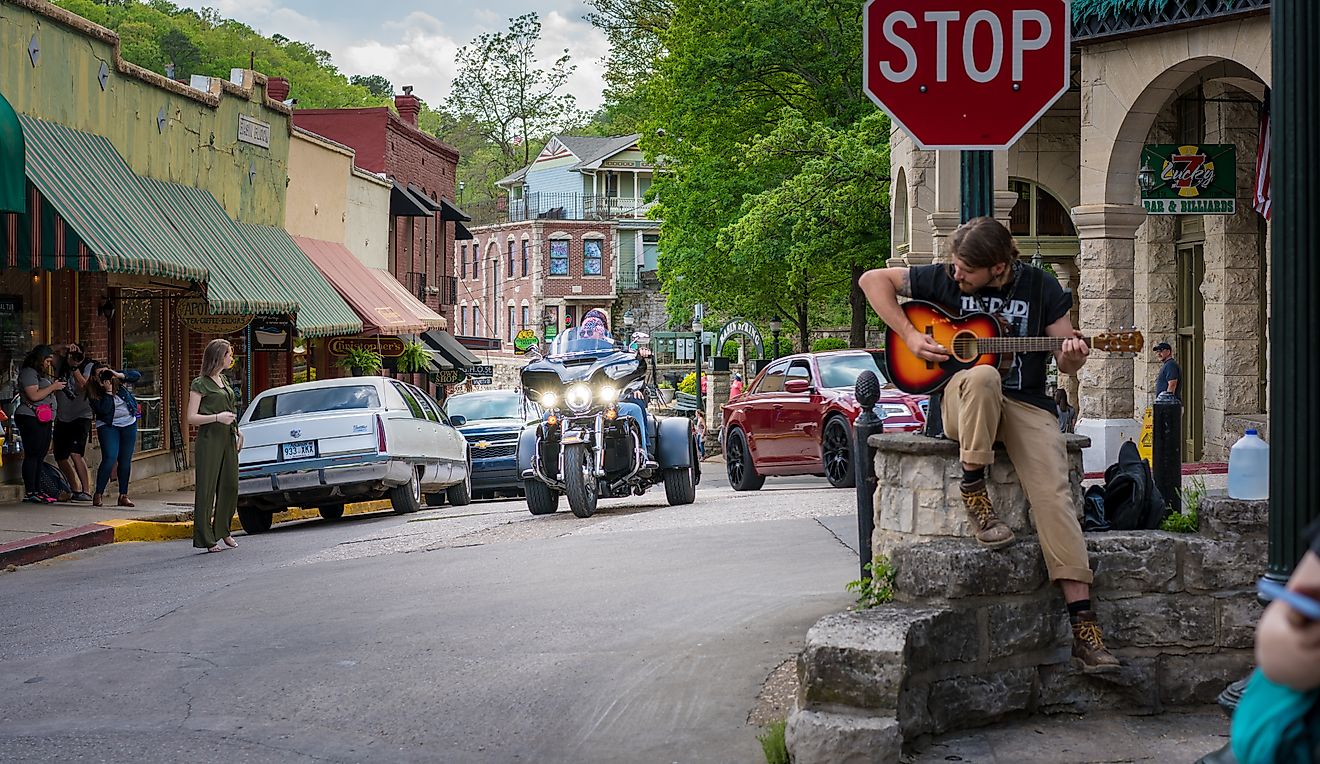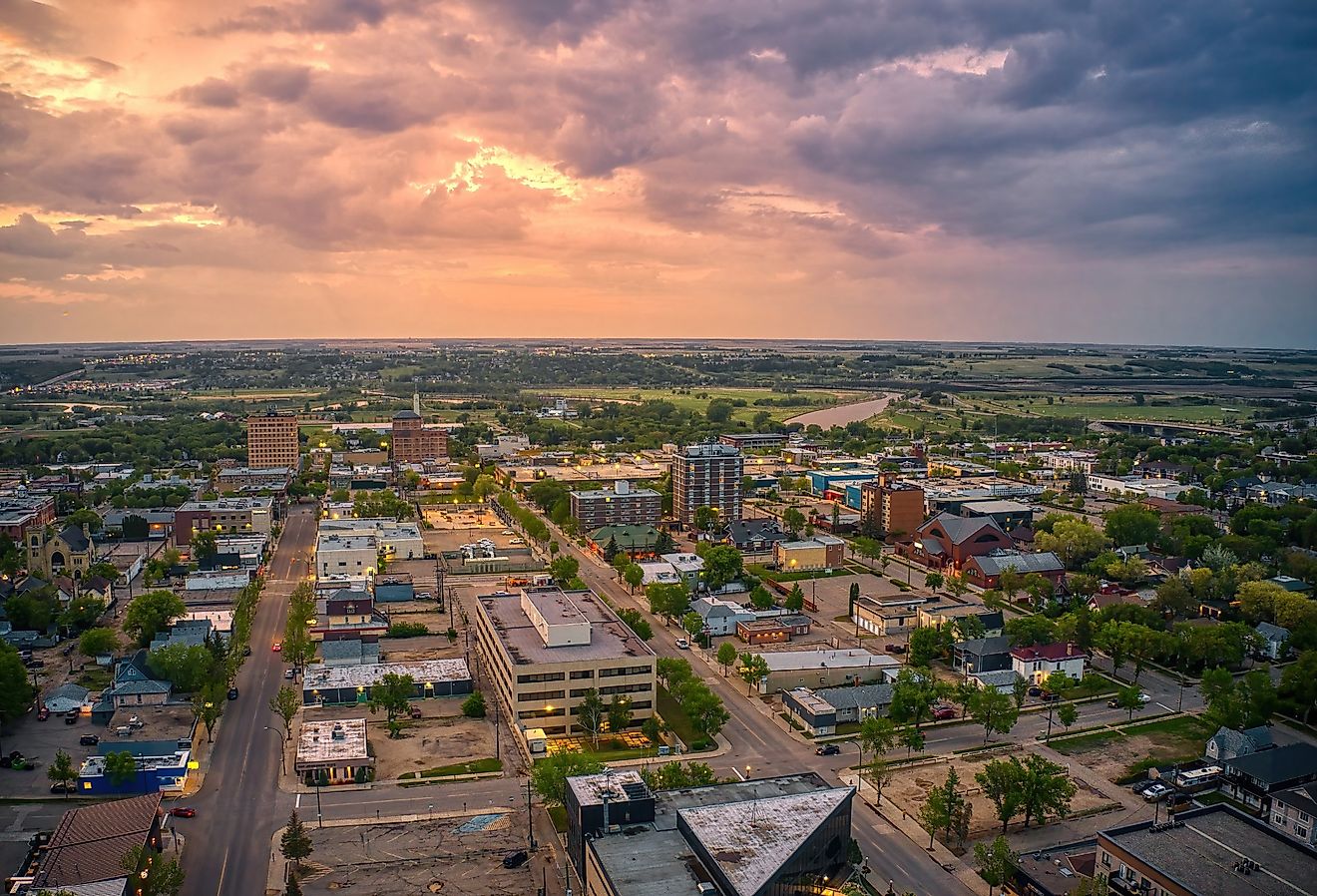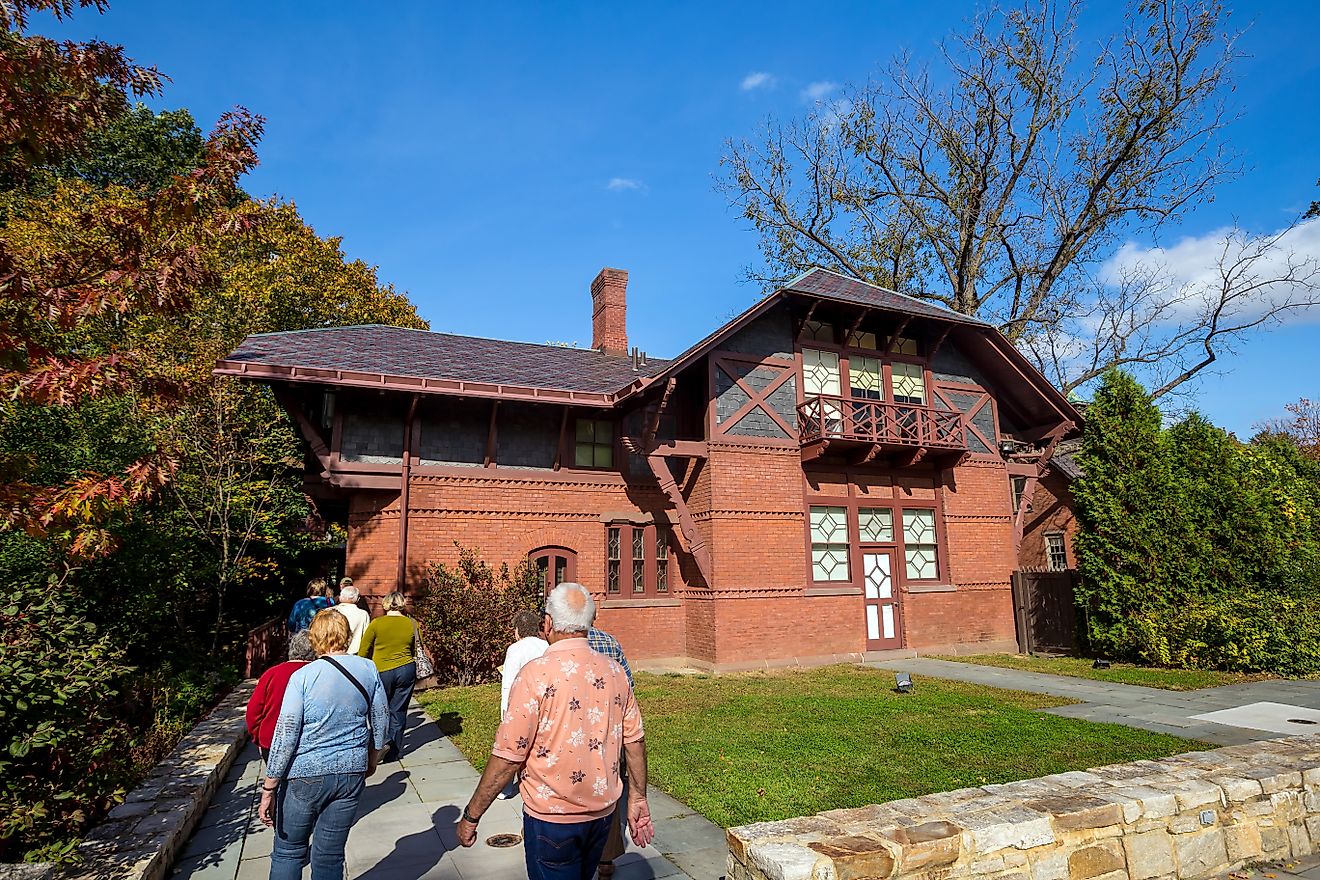
South Haven, Michigan
South Haven is a city located in Michigan, the United States of America. According to the United States Census Bureau, South Haven has a total area of 9 square km, of which 8.8 square km is land, and 0.26 square km is water. The biggest part of the city is situated in Van Buren County, and the other smaller portion extends into Allegan County. The city is located on the shores of Lake Michigan at the Black River's mouth.
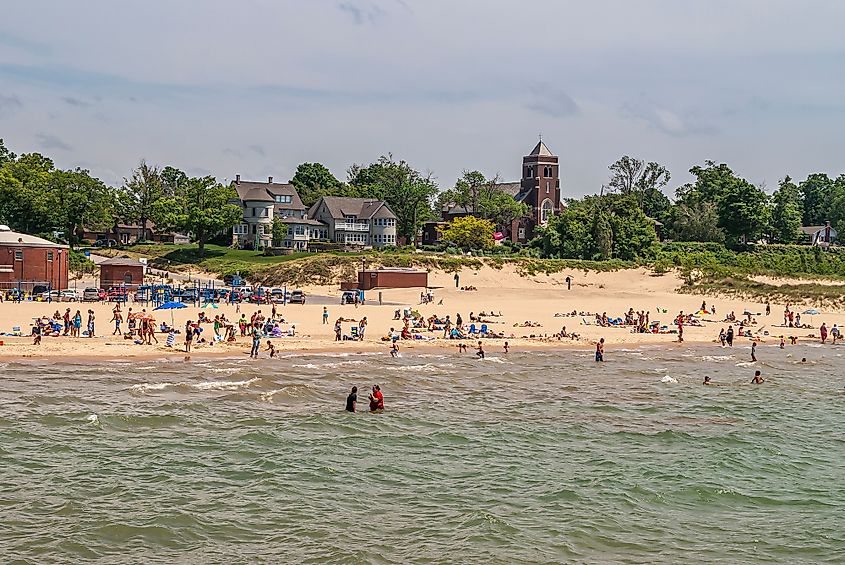
The Population Of South Haven
In 2019, South Haven in Michigan was home to over 4,350 people with a median age of 57.8. As of 2019, there have been 5.47 times more non-Hispanic White residents in South Haven than any other race or ethnicity. The largest ethnic groups in the city are non-Hispanic White at 79.2%, Black or African American at 14.5%, Two or more races at 2.32%, Hispanic White at 1.33%, and Asian at 0.96%. All the households in South Haven speak English as their primary language at home, and all residents are U.S. citizens. In 2019, 2.64% of the residents in South Haven were born outside the country, which is lower than the national average of 13.7%. The most common birthplace for foreign-born residents of Michigan was Mexico, followed by India and then Iraq.

The Economy Of South Haven
The median household income in South Haven is $57,539. Generally, in Michigan, males tend to earn more than females. Although the income inequality in the state (measured using the Gini index) is 0.475, which is lower than the national average, males earn an average income that is 1.37 times higher than the average income of females.
The economy in South Haven employs around 50% of the residents in different industries. The largest industries are Manufacturing, Health Care & Social Assistance, and Retail Trade. The highest paying industries are Finance & Insurance, Transportation & Warehousing, & Utilities, and Utilities.
History Of South Haven

Before colonization by white settlers, a settlement was founded in the area in 1787 by Ottawa, Miami, and Pottawattamie tribes. The area was called “Ni-No-Nong,” which means “beautiful sunsets.” In 1833, pioneering times brought Jay R. Monroe to the area. He got a land patent for 65 acres of land along the shore of Lake Michigan. It wasn’t until the 1850s that the first permanent settlers arrived. The first steam sawmills were built on the Black River, and by the late 1860s, the settlement had its first lawyer, physician, merchant, and the schoolhouse and bank organized in 1867. In 1869, South Haven was incorporated as a village to turn into a city in 1902. The nearby Grand Haven inspired the name.
The first hotel in South Haven was known as the Forest House. It was built in 1853 at the corner of Phoenix and Center Street. The building still stands though no longer used as a hotel, and has been greatly modified.
Settlers harvested the timber in South Haven and shipped it to Milwaukee and Chicago via steamboats and schooners. They turned the cleared forest into fruit farms and grew apples, peaches, and blueberries. The farming industry nourished the economy and created many jobs in the area, making the city boom. Around the early 1900s, the city had theaters, an opera house, a casino, an amusement park, and many resorts, which contributed to the rise in popularity of South Haven. The city soon became a resort city, which resulted in a seasonal economy, making the city’s board of trade recruit several different industries to stabilize the economy.

The first foreign shipments of goods arrived in the area in 1925, starting an era of foreign shipment, which would continue until the mid-1960s. Labor Day in 1940 marked the day of the last passenger steamboat, which left South Haven to Chicago. During the 1950s and 1960s, many factories came to the area, and although the resort business in South Haven began to struggle, the remaining resorts grew stronger.
In 1969, South Haven dedicated its 64-slip marina to hold “The Centennial Celebration and Blueberry Festival.” Since then, the Blueberry Festival has continued to draw many visitors to the city. South Haven also holds several other events such as the art shows, the Ice Breaker Festival, and the Fourth of July Fireworks display which remains very popular.
Tourist Attractions In South Haven

The boating, beaches, and relaxing atmosphere make the City of South Haven a popular warm-weather destination. South Haven Lighthouse, also known as the South Haven South Pierhead Light, is a top destination in the city that attracts visitors. The lighthouse was originally constructed in 1872 and is still operational today.
Visitors also enjoy the Kal-Haven Trail, which traverses past lovely small towns, forests, and farmland areas between South Haven and Kalamazoo. It is also popular among hikers and cyclists who use the route throughout the summer months.
Overhiser Orchards is popular in South Haven as the same farming family has operated it for more than five generations. The farm offers visitors the you-pick experiences for families to pick apples, peaches, and sweet and sour cherries directly from its orchard lands throughout the harvest season.
